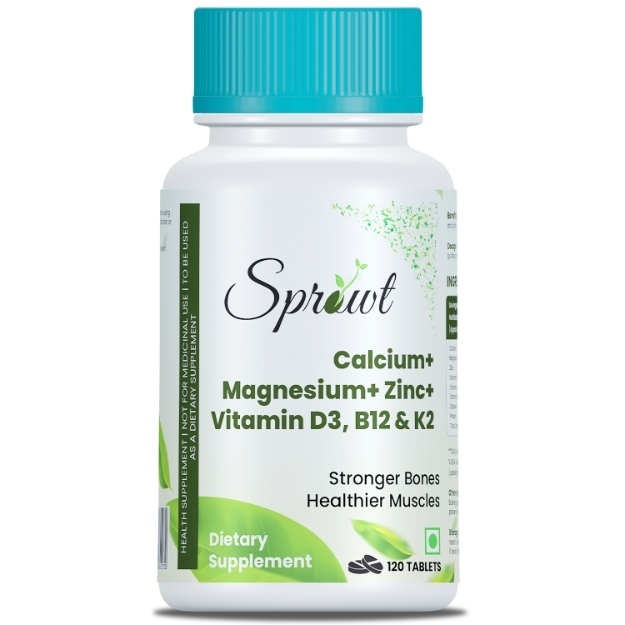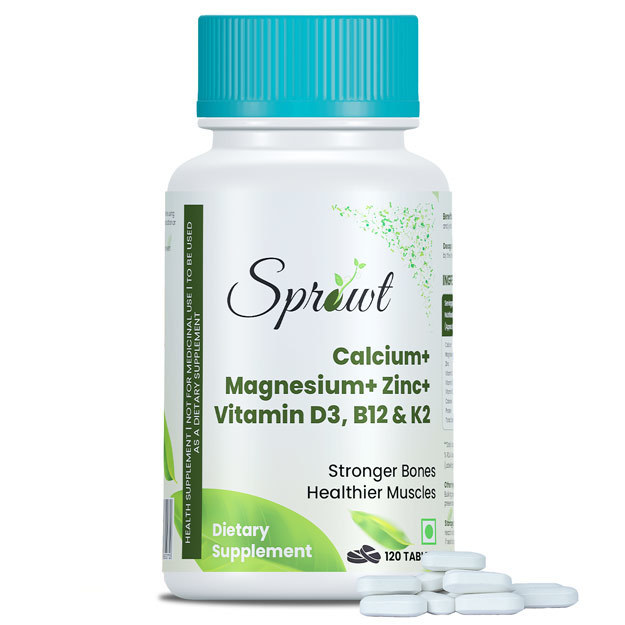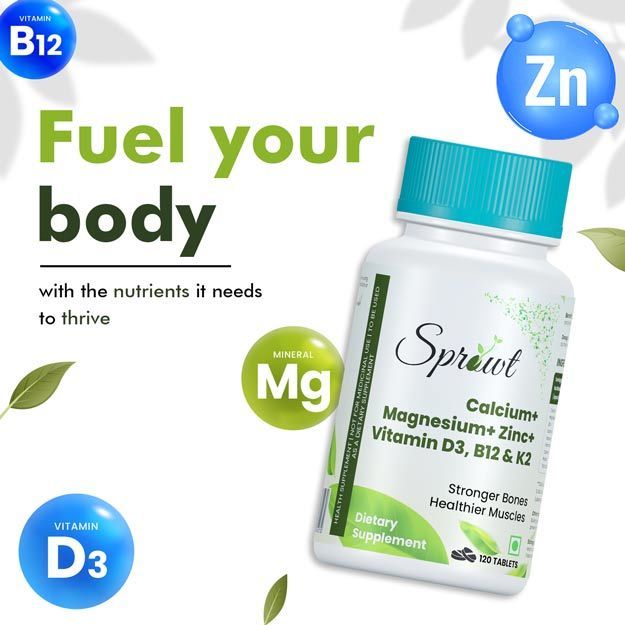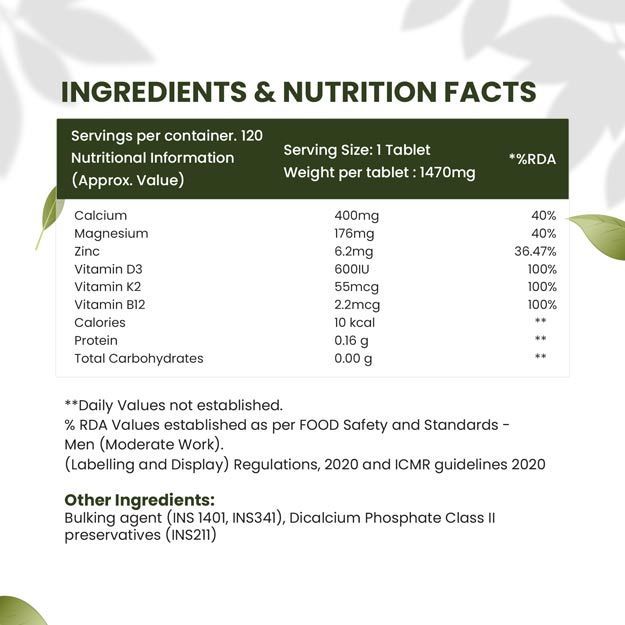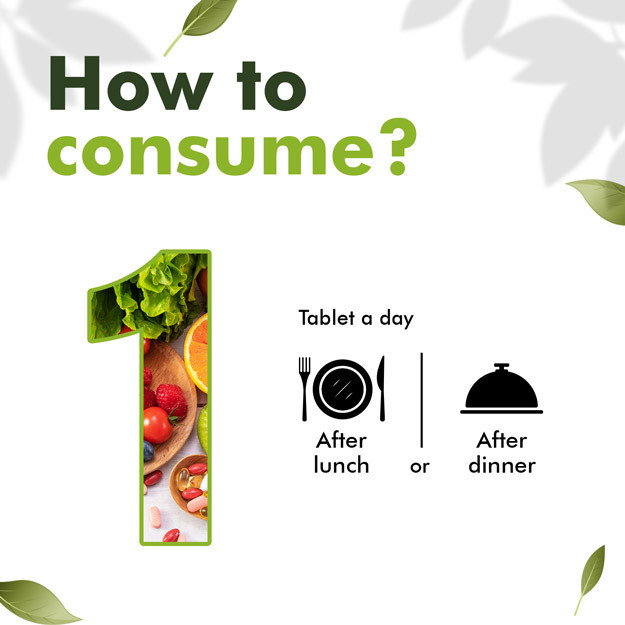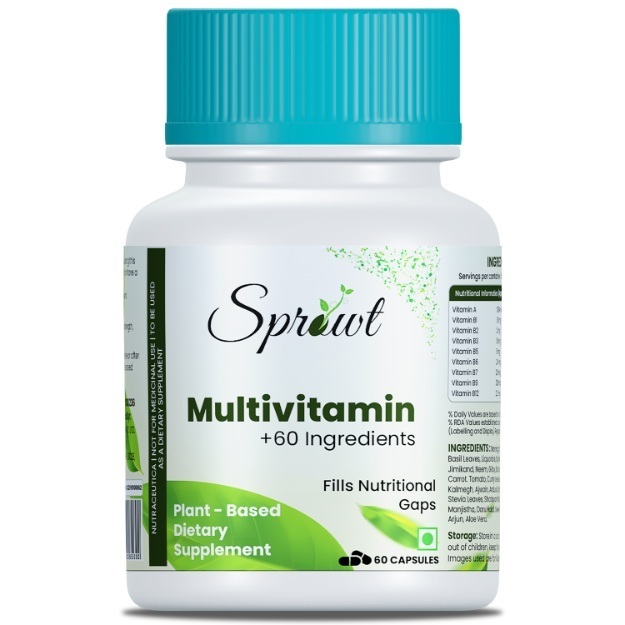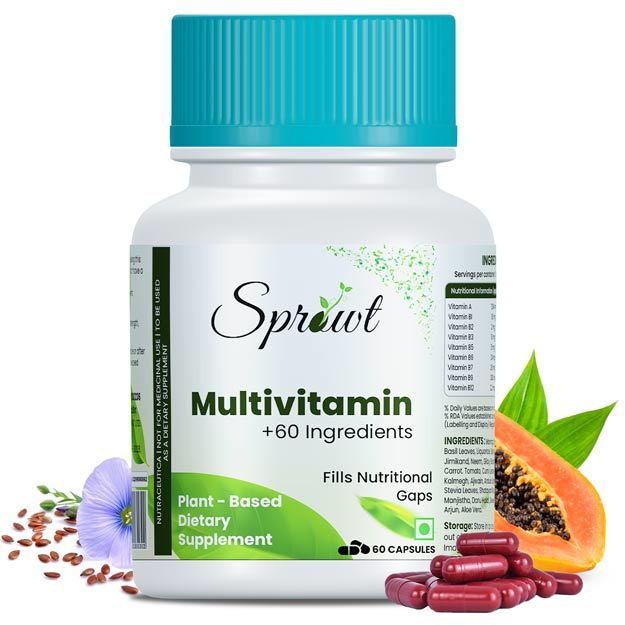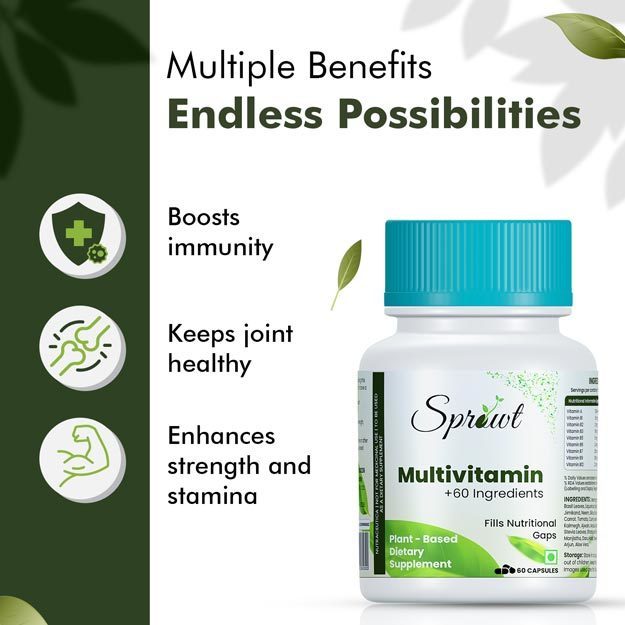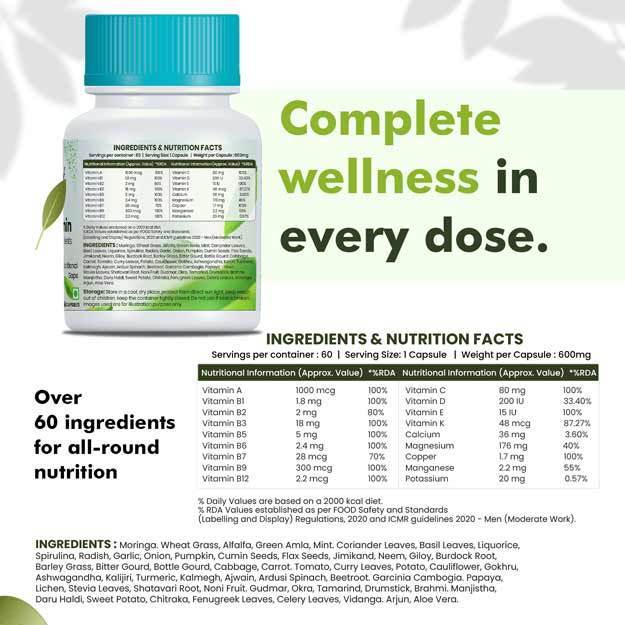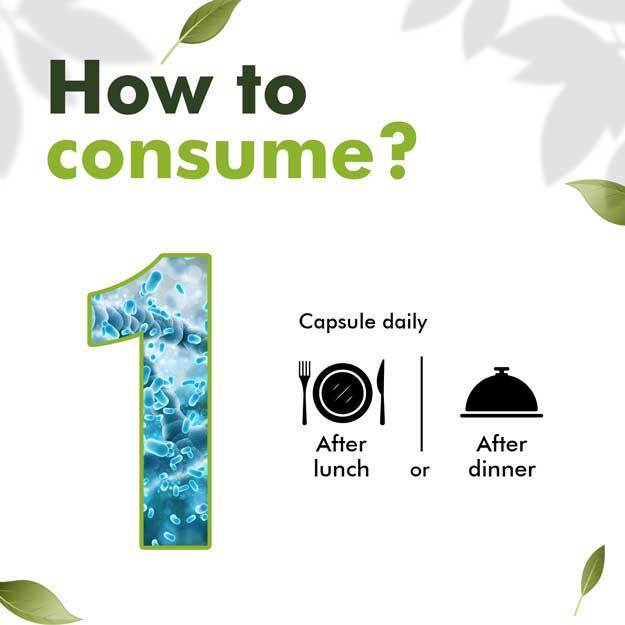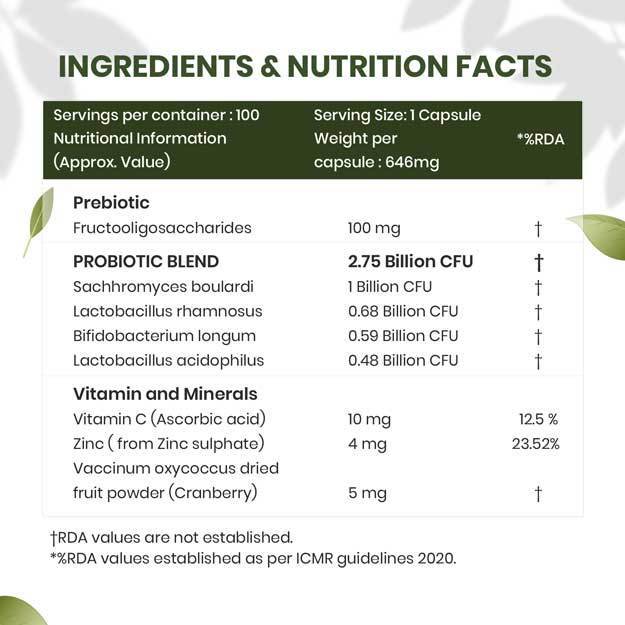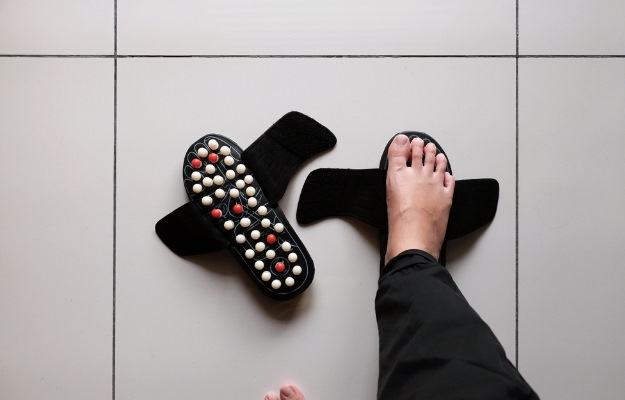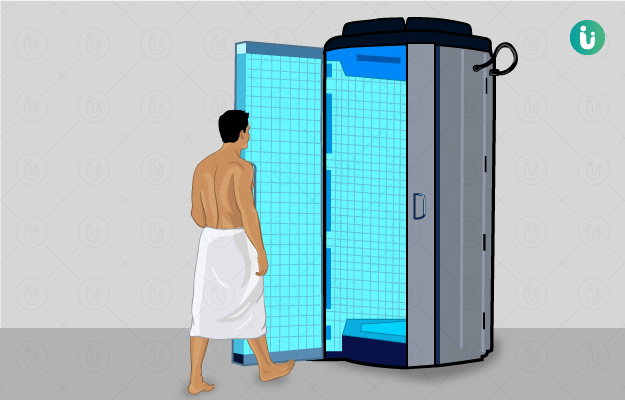Medical nutrition therapy can be important for the treatment of many common diseases such as-
Diabetes
Diabetes is a condition in which your blood sugar levels become too high. This can be either type 1, in which your pancreas produces too little insulin, or type 2, in which your body doesn't use insulin properly to control blood sugar. If left untreated, diabetes can lead to complications such as nerve and vision damage, stroke, kidney disease, poor circulation, heart disease and gum infections. Research shows that medical nutrition therapy can help control diabetes. Studies show that this therapy can reduce some markers of diabetes, such as hemoglobin A1C, which is an indicator of long-term blood sugar control. Treatment usually involves a carb diet. A technique that helps control blood sugar by maintaining a consistent carb intake – as carbs affect blood sugar more than other nutrients.
Heart Disease
Heart disease refers to several conditions such as irregular heartbeat, high blood pressure and plaque build-up in your arteries. If left untreated, it can lead to heart attack, stroke, heart failure and even death. Research shows that medical nutrition therapy can reduce heart disease risk factors, such as controlling LDL (bad) cholesterol, triglycerides, and high blood pressure. A dietitian may recommend that you follow a diet low in saturated fat, cholesterol, sodium and inflammatory foods as part of medical nutrition therapy. More emphasis can be placed on eating fruits and vegetables. Since obesity is a risk factor for heart disease, medical nutrition therapy can also make it easier to maintain weight and make lifestyle changes, including increasing physical activity and getting enough sleep.
Cancer
Cancer is a disease in which abnormal cells start growing uncontrollably. It can affect any part of your body, such as blood, bones or any organ. One of the primary reasons for the involvement of dietitians in cancer treatment is to help those who suffer from loss of appetite due to the disease as they undergo chemotherapy or cancer medications. Radiation can also damage the gastrointestinal lining in a person and cause pain in eating or difficulty digesting food. In such a situation, many people suffering from cancer struggle to eat, which increases the risk of malnutrition.
Digestive Problems
People suffering from ulcerative colitis, Crohn's disease, irritable bowel syndrome (IBS), and celiac disease, as well as those who have lost part of their intestine due to surgery, can all benefit from medical nutrition therapy. These digestive diseases can lead to poor absorption of nutrients, malnutrition, weight loss, buildup of toxins in the colon, and inflammation. A dietitian can create a medical nutrition therapy plan to meet the needs of a specific digestive condition, reduce symptoms, and improve quality of life.
Kidney Disease
Kidney disease, in which your blood is not filtered normally, can cause complications such as high levels of calcium and potassium in the blood, low iron levels, poor bone health, and kidney failure. Medical nutrition therapy is useful for this as most people with kidney disease may need to adjust their diet. For example, some people may need to limit their intake of nutrients such as protein, potassium, phosphorus, and sodium, while others may need to follow fluid restrictions.
Read more - (Balanced Diet)




